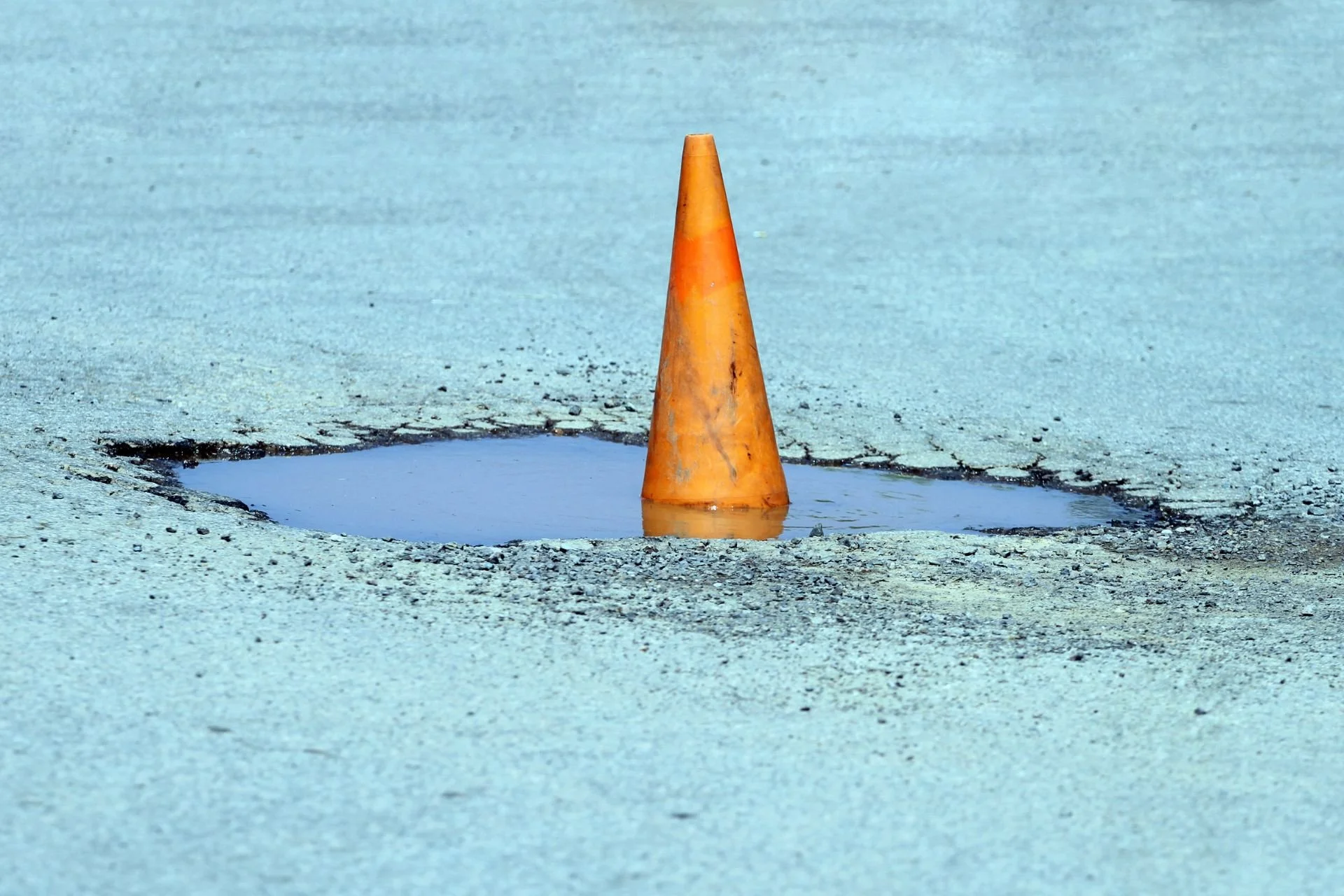“I’m Not Good at Healing”: Learning to Steer with Kindness
If you've ever felt like you're "not good at healing," you're not alone. In this entry, I share a story from my mom that offers a tender metaphor for navigating the inevitable "potholes" of our healing journey. With humor, compassion, and curiosity, this piece invites a more forgiving and sustainable relationship with self-care, change, and inner growth.
Breaking the Pain Cycle: (Re)Learning Wellbeing and Ease
Different things will work for different people, and you’re invited to get curious about what your own recipe for healing will be. A successful treatment will honor your lived experience and story, your values, needs, strengths, and resources. .
What keeps the pain cycle going?
Hypervigilance, pain catastrophizing, and avoidance are all natural responses to pain — and at the same time they can contribute to a pain-fear-avoidance cycle. Changing these behaviors, starting from a place of curious inquiry, can play a significant part in recovery.
The Role of Adversity, Personality, Depression, and PTSD in Chronic Pain
Childhood adversity, depression, post-traumatic stress and personality traits can all play a role in chronic pain — and recovery. Healing is about experiencing a greater sense of agency, being in charge of our own healing, and reclaiming our lives.
How to Know If Your Pain or Symptoms Are Nociplastic
All pain feels like it’s coming from the body, and nociplastic pain and symptoms are just as real as those from injury or tissue damage, so it can be difficult determine whether our pain is nociplastic pain. Learn about its characteristics and how it can be reversed..
What is nociplastic pain?
Nociplastic pain involves pain creation or augmentation by the central nervous system through pathways that involve predictive processing, threat conditioning, sensory processing and altered pain modulation in the absence of tissue damage.
What is neuroplasticity?
Neuroplasticity means our brain is constantly learning, evolving and changing. The consequence of this is that whatever we repeat – thoughts, feelings, behaviors – will change the connections and structure of our brain.
Bodymind (re)learning for wellbeing and ease: a path towards healing and freedom from persistent pain and other symptoms
The fact that your pain/symptom has been ‘chronic’ does not mean that it will last forever.







